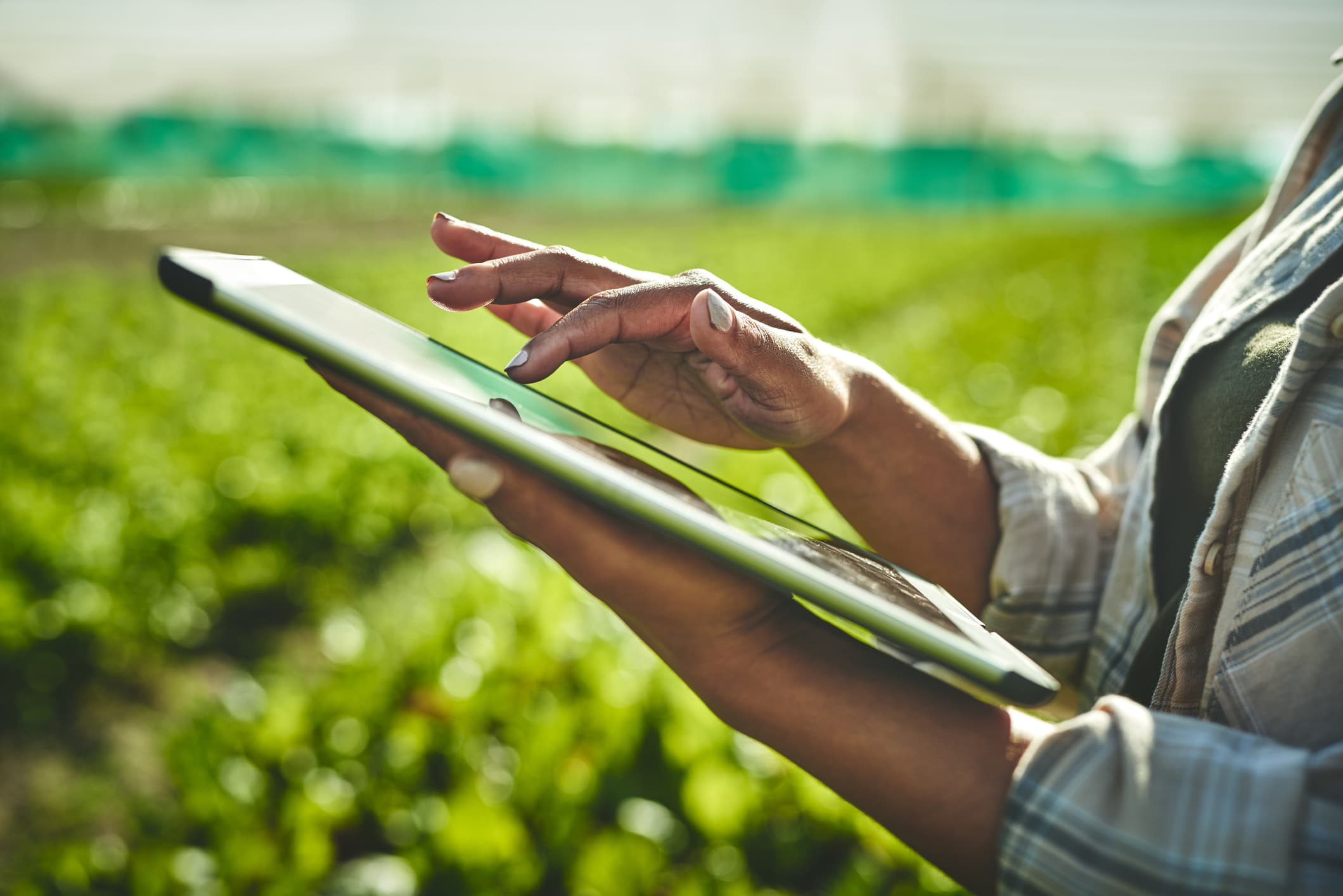There are 600 million smallholder farmers around the world working on less than two hectares of land. These farmers are estimated to produce 28%-31% of total crop production and 30%-34% of food supply on 24% of gross agricultural area.
The most-funded sector on the continent, according to TechCrunch, is fintech. Unfortunately, reports, experts and our profiles tell us a story of how difficult it is to source venture capital funding on the continent for agriculture.
“The answer to that is quite straightforward,” says Dr Mandla Mpofu, the Managing Director of Omnia’s Agriculture Division. “It’s the risk of the business.”
The pressure on Africa’s food supply will require substantial investment to guarantee food security, as Africa remains the only region yet to experience a Green Revolution. Most of this will come from private investment.
Venture capital firm AgFunder attested that African farming stands out for drawing in a low volume of venture capital investment.
At the moment, the continent is experiencing the fastest rate of population growth in the world.
Consequently, food demand is growing rapidly as well.
However, as the continent with the youngest population in the world, the 2022 Africa AgriFoodTech Investment Report says it attracted less than 1% of all venture capital spending onagriculture—just $482 million compared to the nearly $52 billion raised globally.
The figure for the entire continent is about the same as the public sector agricultural research budget of Nigeria or South Africa. Far too many potential food and agriculture investors still overlook opportunities in Africa.
“There are more and more funding opportunities coming up,” says Bosire, who bootstrapped his business. “But what I really think we need to focus on at the moment is look into Africa as a place of opportunity for investment.
Because agritech in other developed markets is really receiving a lot of funding but it’s not the case in Africa. So, I believe that with more sensitization of global investors to see Africa as an opportunity to also invest in agritech is really going to help us.”
Investment volumes were negligible just a decade ago, according to reports, but thankfully have grown as investments more than doubled from 2020 to 2021.
They seem set to nearly double again.
“Investing in 2022 got off to a roaring start, with startups raising roughly $400 million in the first half of the year—more than 80% of what was raised in all of 2021,” the AgriFoodTech Investment Report reads.
While 40% of the agricultural workforce (some 440 million workers) is in waged employment; the other 60% are self-employed as farmers, mainly as small scale farmers (Fyfe 2002).
But why is the uptake slow?
“You have heard the jokes such as if you’re going to get broke very fast, you either start a farm or buy an airline,” Mpofu laughs. “And everything’s going to go south. But that’s exactly why you need more predictive tools in the business, which is why you would need agtech so that you’re bankable in the industry.”
But there are also reports that interest in funding African farming by venture capital groups spiked last year and is on track to continue expanding aggressively this year.
“I almost feel like this agtech space was made for agriculture,” Dr Agnes Kalibata says. “I was looking at how much money has been invested in this space. About two to three years ago, this was about a $17 billion industry, you know, and growing very fast. Now, actually it is projected that by 2025 to be a trillion dollar industry… There is no reason why most of it should not becoming to Africa.”
